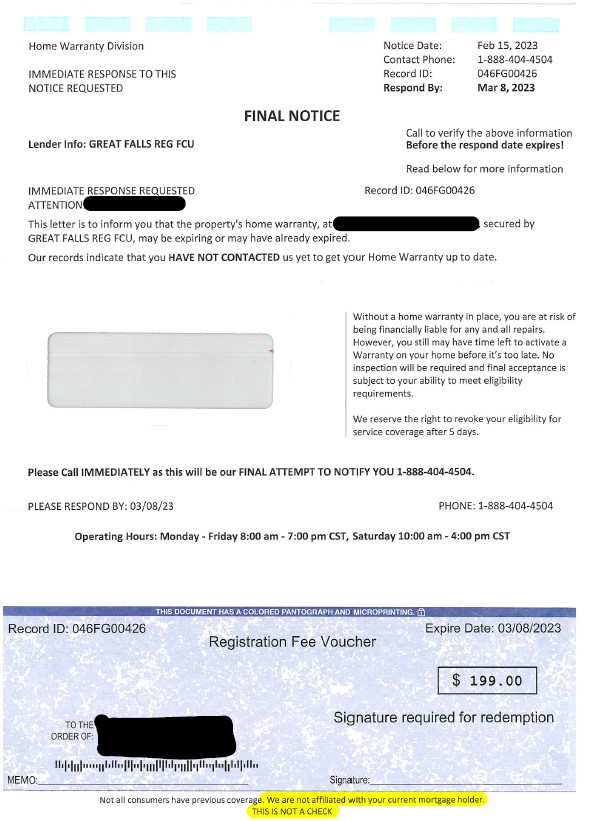How to Spot Fraud
Four Signs that It’s a Scam
1. Scammers PRETEND to be from an organization you know.
Scammers often pretend to be contacting you on behalf of the government. They might use a real name, like the Social Security Administration, the IRS, or Medicare, or make up a name that sounds official. Some pretend to be from a business you know, like a utility company, a tech company, or even a charity asking for donations.
They use technology to change the phone number that appears on your caller ID. So the name and number you see might not be real.
2. Scammers say there’s a PROBLEM or a PRIZE.
They might say you’re in trouble with the government. Or you owe money. Or someone in your family had an emergency. Or that there’s a virus on your computer.
Some scammers say there’s a problem with one of your accounts and that you need to verify some information.
Others will lie and say you won money in a lottery or sweepstakes but have to pay a fee to get it.
3. Scammers PRESSURE you to act immediately.
Scammers want you to act before you have time to think. If you’re on the phone, they might tell you not to hang up so you can’t check out their story.
They might threaten to arrest you, sue you, take away your driver’s or business license, or deport you. They might say your computer is about to be corrupted.
4. Scammers tell you to PAY in a specific way.
They often insist that you pay by using cryptocurrency, by wiring money through a company like MoneyGram or Western Union, or by putting money on a gift card and then giving them the number on the back.
Some will send you a check (that will later turn out to be fake), then tell you to deposit it and send them money.
Read more articles on how to spot and avoid scams at the Federal Trade Commission's website.
Misleading Mailer - Not from Great Falls FCU
The mailer below is not from us. Please remember to read all the fine print and if it appear suspicious, please contact us. Scams try to use "Final Notice" or "Final Attempt to Notify You" to get the recipient to act. Please call or speak to us in-person if you have received suspicious mail and we can help you determine whether or not it is a scam.
